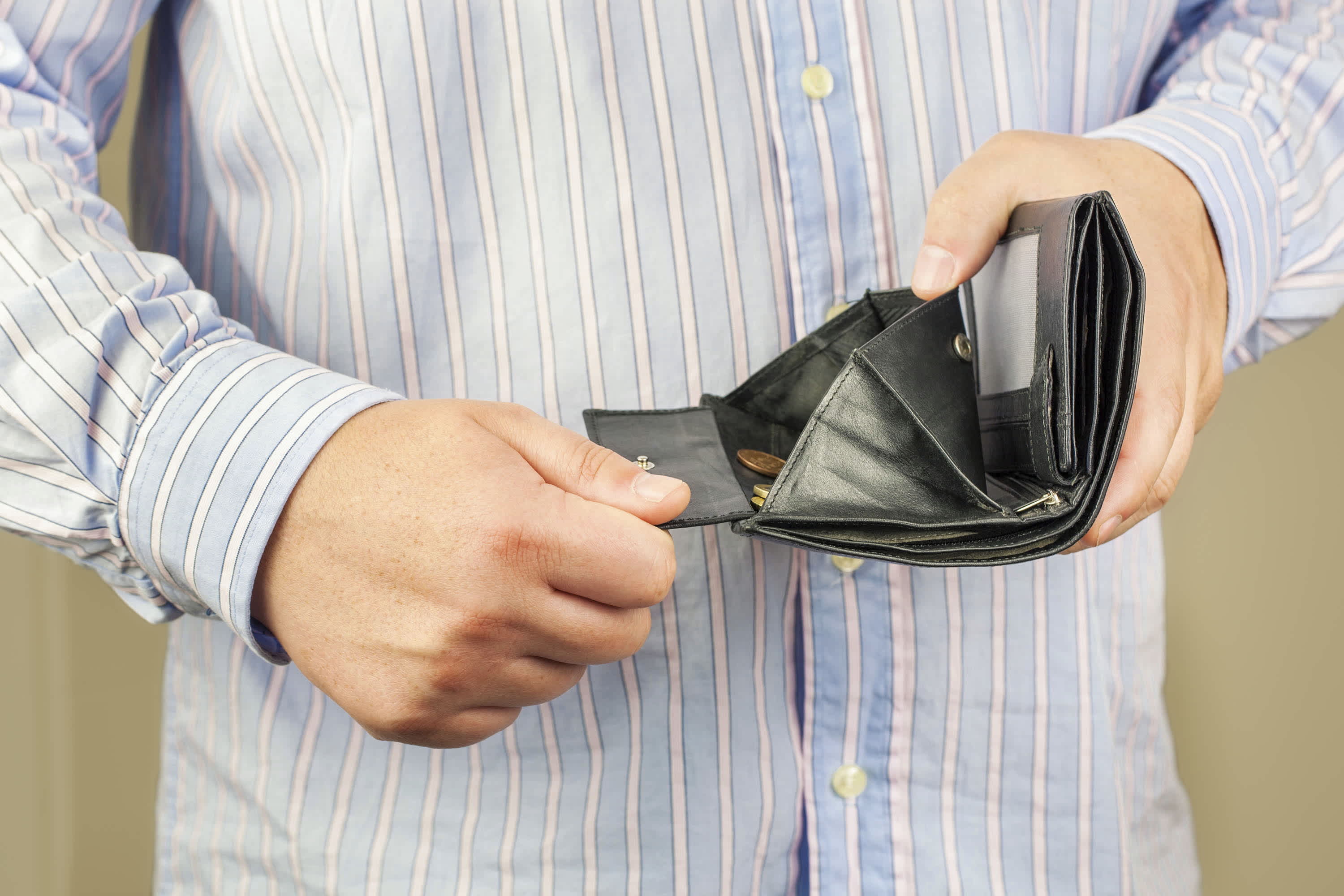
It's normal to worry when you lose your credit card — and even more so when you realize someone else may have access to it.
The good news is that you can replace a lost or stolen card with a few easy steps, and most card issuers won't close your account because of it; they'll just send you a new card with a new number.
However, once you realize your credit card is either lost or stolen, you'll want to act quickly to protect yourself from theft and damage to your credit score. Below, CNBC Select outlines the three simple steps you should take as soon as you know your card is missing.
1. Call your credit card issuer
The first thing you should do when you have a missing credit card is immediately report it to your card issuer. Since you won't have your card handy to look for the phone number, check a recent statement or the issuer's website to find the appropriate number to dial.
What happens next will dramatically lower your risk of being victim to credit card fraud: For starters, your card issuer will cancel your card so that no one can use it without your consent. In addition, reporting a lost card early puts you in the clear according to federal law. Under the Fair Credit Billing Act (FCBA), you cannot be held liable for any transactions that occur once you report your card missing. However, if someone uses your card before you report it, the law limits your liability to $50.
Know that many credit card issuers offer zero liability to combat this. For example, BankAmericard® credit card members receive a $0 liability guarantee that covers any fraudulent transactions someone else may make on your account. This means you wouldn't owe anything if a fraudster used your card without your permission. Bank of America also monitors your account and blocks any charges they suspect as potential fraud.
2. Transfer any automatic payments to your new card number
You may have your monthly gym membership, utility bills, subscription charges or streaming services set up on autopay. But when that card is no longer active, these automatic charges will be declined and you may forget to pay them altogether.
Making late payments, or missing them entirely, can really eat away at a good credit score. Your on-time payment history makes up 35% of your FICO score calculation.
So when you receive your new card, make sure you transfer your automatic monthly, quarterly and even biannual or annual payments to your replacement card and alert these vendors to delete your old card information. It might have been a while since you've looked at how many payments you have set up with your account, so writing them down in a list or a spreadsheet could help you check them all off.
Since it can take up to a week to receive your replacement card, consider making manual payments in the meantime so you don't fall behind.
3. Monitor your credit card statement and credit report
It's good practice to always look over your credit card statement, but having a card go lost or stolen is even more reason to pay close attention. Review your monthly statement to see if there are any charges you don't recognize and call your issuer if so.
Checking your credit report is also a smart and simple way to be proactive about your finances, as well as to spot any potential fraud or credit errors. There are many free credit report resources available for this.
In fact, to protect consumers' financial health in response to the coronavirus pandemic, the three main credit bureaus — Experian, Equifax and TransUnion — have recently begun to offer free credit reports to all Americans on a weekly basis for the next year. (Typically, consumers are entitled by law to only one free report from each individual bureau every year.) These free credit reports will be available on AnnualCreditReport.com through April 2021.
You may also want to consider freezing your credit to proactively restrict access to your credit reports entirely and protect yourself against fraudsters opening new accounts in your name.
Bottom line
Next time you lose your credit card or find out it was stolen, don't panic. As long as you act quickly and call your credit card issuer to explain the situation, you won't be held liable beyond $50 (if that). Make sure to keep track of any bills you have set up to autopay and remember to transfer them over to your new replacement card. And, when in doubt, always look over your credit card statements and credit reports for any suspicious activity.
Information about the BankAmericard® credit card has been collected independently by CNBC and has not been reviewed or provided by the issuer of the card prior to publication.
Editorial Note: Opinions, analyses, reviews or recommendations expressed in this article are those of the CNBC Select editorial staff’s alone, and have not been reviewed, approved or otherwise endorsed by any third party.
"score" - Google News
April 22, 2020 at 11:48PM
https://ift.tt/3eMbaUS
Replacing a lost or stolen credit card will not hurt your credit score, but here's why you should act fast - CNBC
"score" - Google News
https://ift.tt/2OdbIHo
Shoes Man Tutorial
Pos News Update
Meme Update
Korean Entertainment News
Japan News Update
Bagikan Berita Ini














0 Response to "Replacing a lost or stolen credit card will not hurt your credit score, but here's why you should act fast - CNBC"
Post a Comment